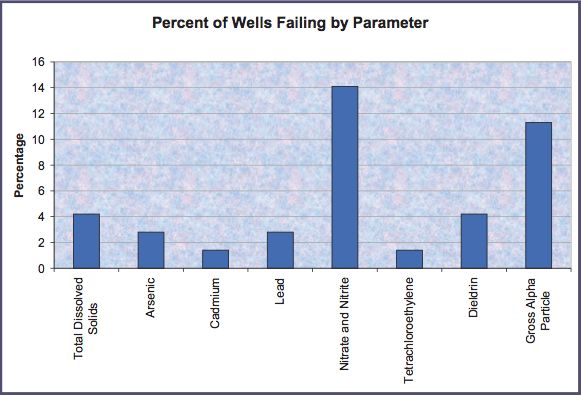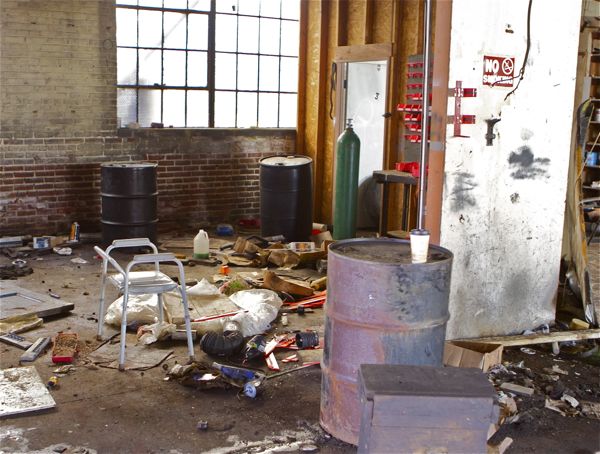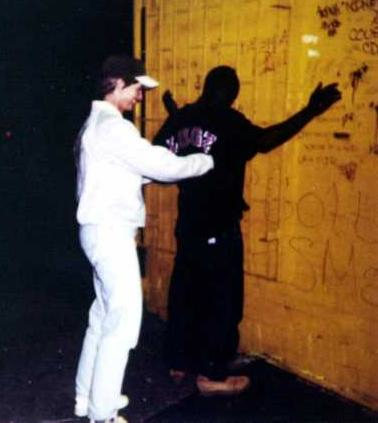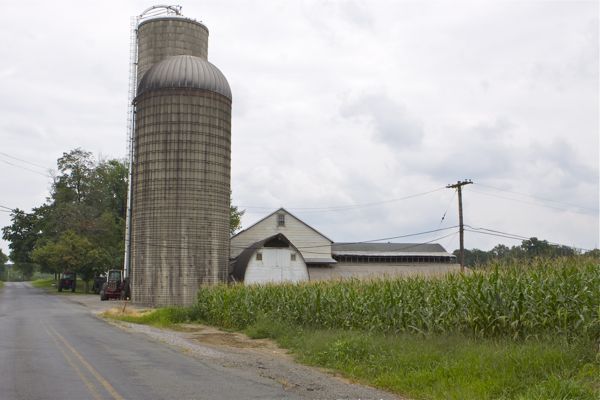Johanna Farms Expanding Odor Update – The Flemington & Fulper Affair
DEP Takes Quick Action in West Amwell Odor Case – But Is it Enough?
Here’s an update on the Johanna Farms odor issues.
First, there is a great editorial today in the Hunterdon County Democrat: Raritan mayor isn’t helping Johanna Foods (sic) odor conflict.
The Democrat agrees with us that the Mayor is blaming the victims.
But the editorial mistakenly presumes that both DEP and Johanna are working effectively and will soon solve the problem.
That just is not the case.
I spoke this week with DEP enforcement about the problem.
Johanna is dragging their feet on fixing the problem. DEP enforcement staff’s hands are tied.
Johanna knows that DEP Commissioner Martin has directed the DEP enforcement staff to work cooperatively with business and industry towards what he calls “win-win” compromises.
Martin has basically ended DEP’s traditional enforcement role and that is reflected in record low enforcement fine levels. With no threat of DEP enforcement sanctions, companies have no economic incentive to comply.
So, in addition to the Mayor, the other end of the problem is in Trenton – at DEP Commissioner’s Office.
I urge residents to target calls there (@ 609-292-2885) and to the Governor (@ 609-292-6000) to demand that DEP take enforcement action and modify Johanna’s permit to mandate a totally enclosed treatment system.
That is the only way the smell will be stopped.
Second, I am pleased to report that I’ve had some success in limiting severe odors in my own backyard caused by a local farmer’s disposal of Johanna sludge on local farms in West Amwell.
I wrote a detailed letter requesting an investigation and for local, county and state regulators to take specific corrective actions.
I raised specific issues with respect to odor violations and possible surface water, groundwater, and drinking water pollution problems associated with this sludge disposal operation and how it is regulated by DEP (letter provided upon request – email: bill_wolfe@comcast.net for a copy).
In response to the letter, I’ve been in contact with Hunterdon County Health Department and DEP staff, both of whom were very responsive. I’ve heard nothing from West Amwell officials yet.
This has been a longstanding problem with Johanna and Fulper, so DEP immediately contacted Johanna and advised them that continued odor problems in West Amwell could jeopardize their authorization to dispose of their sludge in NJ.
Per DEP, the Johanna Flemington plant generates about 1 20 cubic yard rolloff of sludge per day (call this a load). The large majority of that is land applied in Pennsylvania.
Mr Fulper (West Amwell farmer) gets the rest – Fulper has received 5 loads in June, 6 in July, and 7 in August.
DEP soon will issue a letter to Johanna and Fulper imposing additional restrictions that should help reduce odors. Fulper will be required to apply the material within 24 hours of receipt and restrict applications from May – September (not sure precisely how).
For now, Fulper has terminated disposal on farms near Gulick Road, where I live.
Despite DEP’s immediate response, I still have several problems with how DEP regulates the disposal of Johanna’s sludge and Fulper’s application of it on local farms:
1) DEP implied the the Right To Farm Act provides an enforcement shield to Fulper for odor violations. This is just not correct –
The RTF law does NOT trump public health, environmental, odor, or nuisance laws and DEP permit requirements.
[Note: additionally, Johanna’s sludge is defined and regulated as an industrial solid waste. It does not qualify for recycling and beneficial reuse exemptions it has been granted. Similarly, under NJ land use laws, land disposal of that sludge is not a farming activity, but a disposal operation]
2) DEP residual application permits fail to require compliance with DEP’s surface water and groundwater quality standards. Sludge has large loads of nutrients (phosphorus and nitrogen) that can harm water quality and poison drinking water. DEP must tie sludge applications to water quality standards and enforce those standards directly on all sources, including agriculture.
DEP can not defer to the Department of Agriculture issued “Nutrient Management Plans” as a substitute for or to satisfy compliance with the Clean Water Act.
3) DEP residual application permits fail to require surface and groundwater monitoring needed to measure any impacts of sludge application on surface and ground water resources.
4) Sludge application loads nitrogen to soils, some of which eventually impacts groundwater.
West Amwell is reliant on groundwater for water supply. Therefore, drinking water wells could be impacted by farming and sludge application practices. Despite this risk, DEP and County officials are not collecting data to assess this potential problem, instead burying their heads in the sand.
Private well Testing Act data and groundwater data should be reviewed to see if farming and sludge disposal practices are poisoning drinking water wells.
DEP and County Health Department professionals need to start looking into these issues.
We are talking about public health risk – and farmers must not be allowed to hide behind the Right To Farm law or lax DEP permits.
[End Note: here’s an email I got that readers might be interested in:
I’m not sure if you are aware but Fulper farms other lands within the state and I’m sure he’s doing this elsewhere. As far as the township is concerned, they will not make a stand on this subject. There have been many complaints over the years and nothing has been done. Mr. Fulper happens to be the President of the WAT Zoning Board and in the last year or two settled a lawsuit with the township costing more than $800,000.00 to the township regarding a zoning issue and his land. Very interesting. Mr. Fulper, along with some others in the township, have an interesting view regarding zoning and ordinances. He’s made clear on more than one occasion that he should be able to do as he wishes on his land without the interference of the township or other residents. There have been some recent issues regarding him dredging and creek defacing another residents property and causing some runoff issues. It’s been swept under the rug, again.
[PS – and farmers use a LOT of toxic pesticides too – look at this DEP data:








